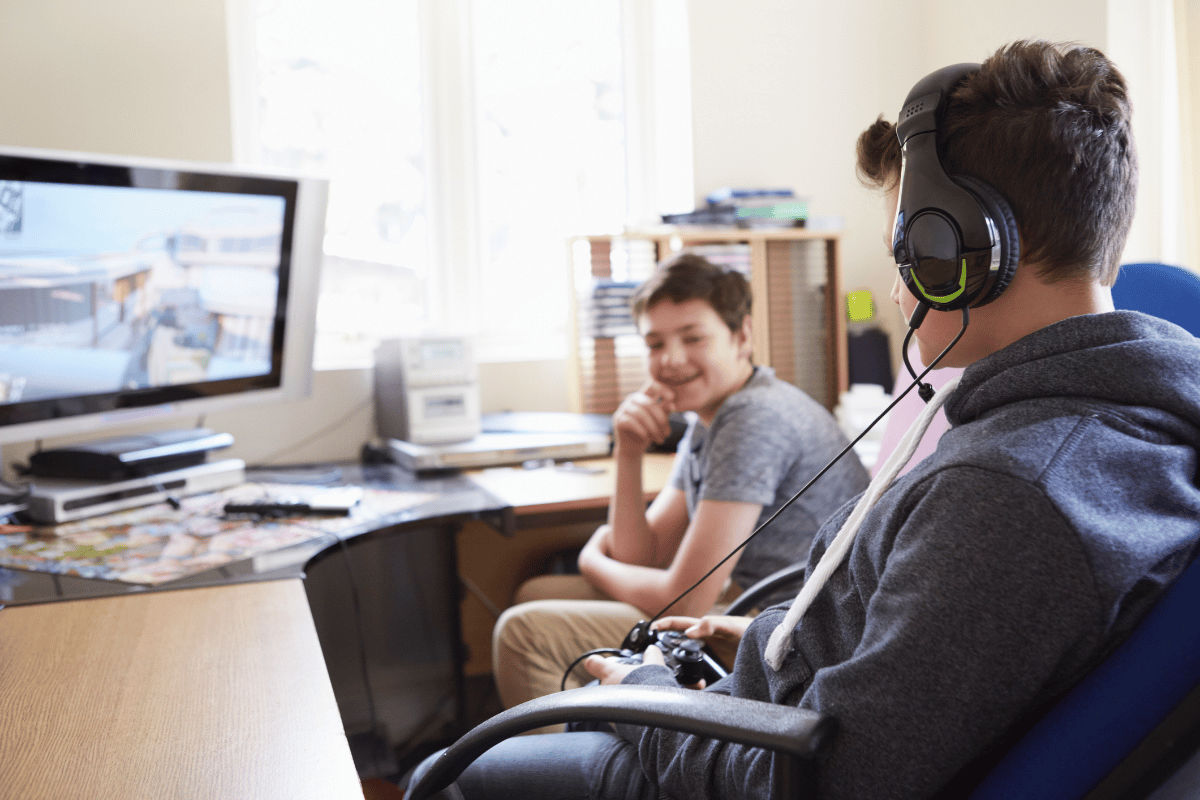
Finding the sweet spot between ‘helicopter parenting’ and ‘free range parenting’ has been a goal of mine for many years. As a mum of four boys aged 16 to 23, I have instinctively wanted to wrap my kids in cotton wool on so many occasions, despite knowing they’d absolutely thrive with more freedom.
Parents of teenagers: translated. Post continues below.
Finding the balance is tough. We intuitively want to love and dote on our offspring – to keep them safe and protected. But, if we strip back the emotion and channel our inner scientist – our precise mission (over the span of approximately 18 years) is to create independent, self-sufficient humans that don’t need us anymore. Heartbreaking stuff, really.
As a mum of four digital natives, the process of creating functioning humans really involved me drip-feeding independence to my boys over the years – particularly when it came to the online world. But, like all first-generation digital parents, I absolutely made mistakes.
Here are the three most important lessons I have learnt:
1. Gaming can get out of control. Fast.
My boys (including my husband) have always loved the Xbox. And I have too, because over the years the lure of that wonderful machine has helped me ensure bedrooms are tidied and homework is done and, for that – I am very grateful.

Top Comments